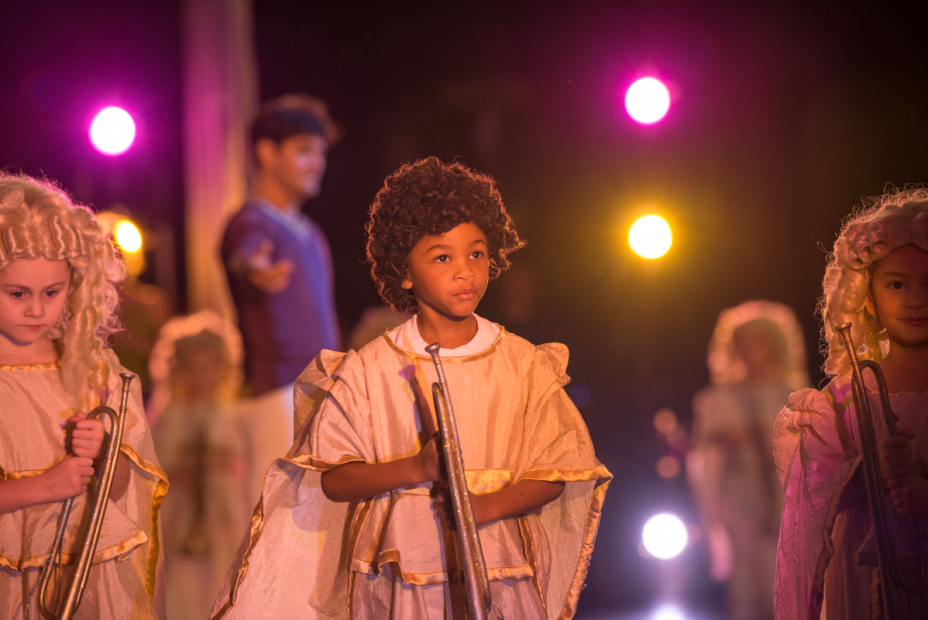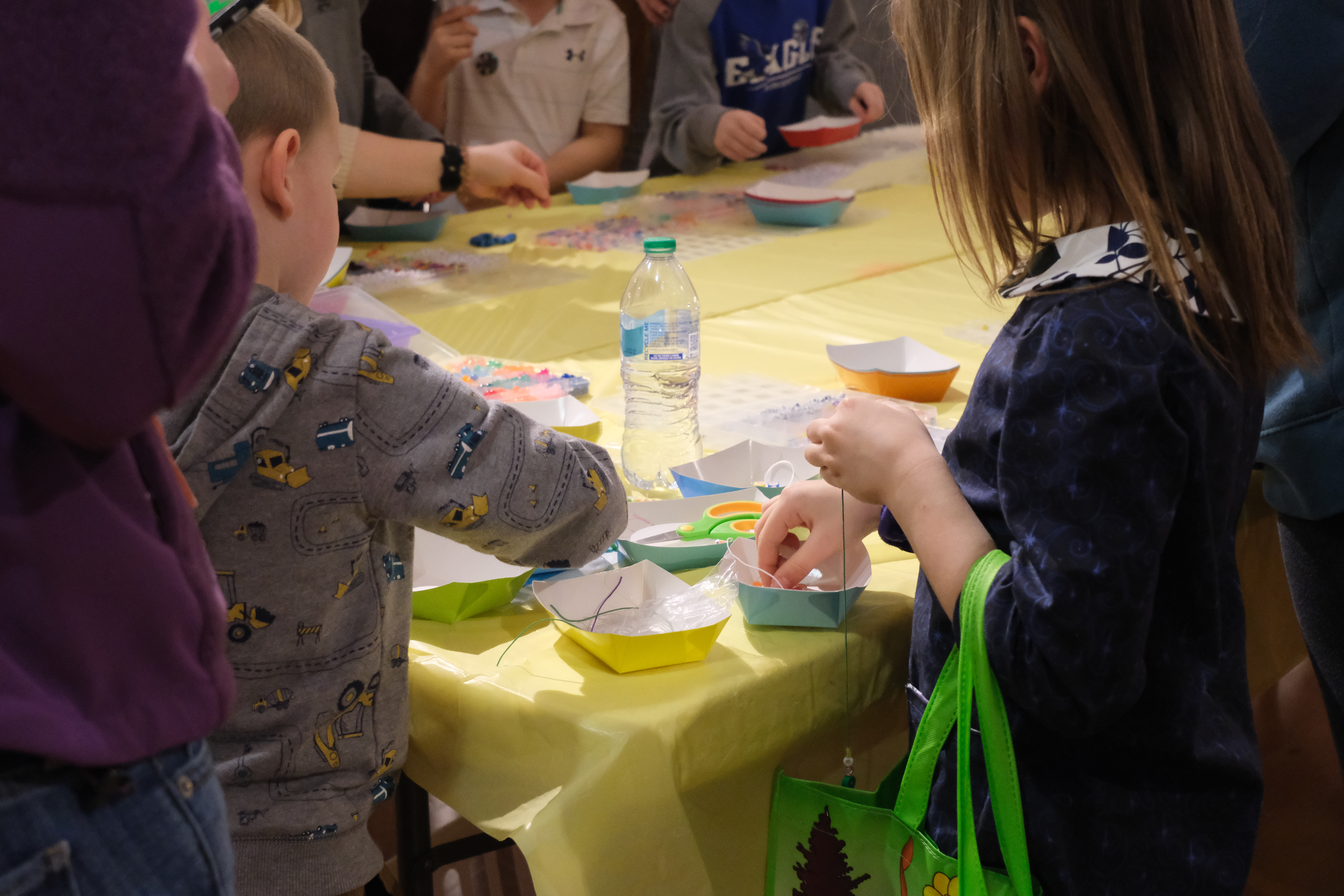This information was featured in the fourth edition of Creative Copy, a service of the Wisconsin Arts Board.
Creative Copy serves artists and arts organizations in Wisconsin, and we want to connect you with useful, timely, and important resources. If you have suggestions, comments, or questions, let us know. Make sure to subscribe to Arts News and Creative Copy!

Arts. Education. Youth Development.
The arts foster childhood development in a unique way that carries into adulthood. Sure, knowing the periodic table is great, but successfully developing life skills like observation, problem-solving, innovation, and critical thinking is markedly important.
Recent research is revealing that creative employees are the most sought after, with “more than 70% of companies surveyed consider creative thinking and analytical thinking to be the skills most expected to rise in importance between 2023 and 2027” (Forbes).
Arts education empowers children to grow their creativity, and grow into not just educated adults, but adults with tools and understanding necessary to leverage the information they’ve learned.

Arts education…
- Builds well-rounded individuals;
- Broadens our understanding and appreciation of other cultures and histories;
- Supports social and emotional development;
- Builds empathy, reduces intolerance, and generates acceptance of others;
- Improves school engagement and culture;
- Develops valuable life and career skills; and
- Strengthens community and civic engagement.
(American Academy of Arts & Sciences)
The NEA has gathered a number of studies that demonstrate the value of embedding artistic practice into early childhood education, establishing a positive relationship between arts participation and the development of social and emotional skills in early childhood.
State Education Agency Directors of Arts Education (SEADAE) created the Customized Arts Learning (CAL) toolkit, which supports personalized learning in arts education and promotes strength-based instructional practice.
Students who study the arts have better attendance, lower dropout rates and higher scores on standardized tests of reading and mathematics. The arts also teach perseverance and collaboration and give students a leg up in workforce preparation, preparing students to be productive and innovative employees. (
NASAA)
The National Core Arts Standards also provides a framework for advancing students’ artistic understanding, providing that within each stage of development, students learn to:
- Generate and conceptualize artistic ideas and work
- Organize and develop ideas and work
- Refine and complete artistic work
- Select, analyze, and interpret artistic work for presentation
- Develop and refine artistic work for presentation
- Convey meaning through the presentation
- Perceive and analyze artistic work
- Interpret intent and meaning
- Apply criteria to evaluate work
- Make art by synthesizing and relating knowledge and personal experiences
- Deepen understanding by relating artistic ideas to societal, historical, and cultural contexts

Careers?
There are hundreds of career paths within the arts, too. From well known careers like actor or painter, to naval architect and blacksmith, a career in the arts isn’t constricting. The Art Career Project and the New York Foundation for the Arts are two great resources to understand what a career within the arts looks like.
The arts matter, and we can see this reflected in our lives, across every distinction of human life.